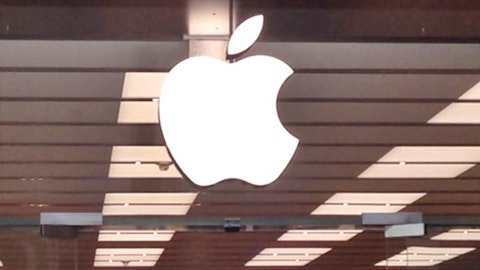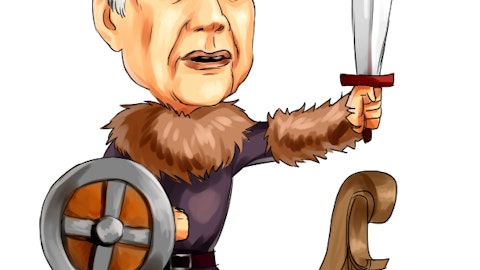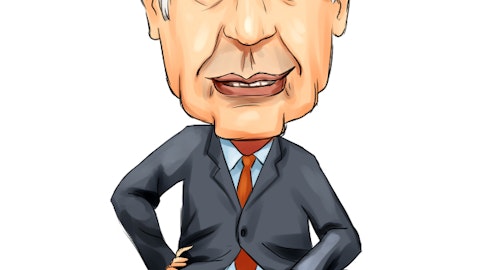Tudor, Kepos Hedge Funds Rise in 2014 as Paulson Drops (Bloomberg)
Pine River Capital Management’s Dan Li was up 14 percent last year through November betting on China’s ability to bring more investors into its stock market. He more than doubled that gain in December, returning 30 percent for the year as Shanghai equities surged. Li wasn’t the only hedge fund manager ending 2014 on a high. Mark Carhart’s $2 billion Kepos Capital rose 7.8 percent in the final month to finish 2014 up 22 percent and Pierre Andurand’s energy hedge fund rocketed 15 percent in December after climbing 18 percent the prior month, according to people with knowledge of the returns.
Carl Icahn: Oil Hasn’t Hit Bottom Yet (CNBC)
With the oil market weighed down by oversupply woes, activist investor Carl Icahn said that he expects crude prices to slide further in the short-term. “I do think that the oil actually will probably go lower,” Icahn said on CNBC’s “Fast Money.” I think, though, it will give great opportunities in the future.” Icahn added that he expects global consumption to go up in a few years and offer solid investments opportunities, “especially in the service areas.”
How Meredith Whitney’s American Revival Sputtered in Debut Year (Bloomberg)
It took less than a year for Meredith Whitney’s hedge fund to begin unraveling. Her American Revival Fund started investing in heartland stocks in November 2013, after the Wall Street star predicted on TV and in a book that the center of the U.S. would boom. Even as parts of the region did well, she made wrong-way bets on companies including a retailer that sells mattresses and stereos on credit in Texas. In October, she was headed for the year’s eighth monthly drop when her main backer, a fund tied to billionaire Michael Platt, asked for its money back. Her firm refused.
Hedge Funds Take Cautious Line on Stocks (The Wall Street Journal)
Wall Street analysts are recommending investors buy stocks of large U.S. companies. But some hedge funds are holding back. Prominent firms, such as the $14 billion CQS LLP and Passport Capital LLC, which manages $4 billion, have cut their exposure to stocks recently after six straight annual gains for the Dow Jones Industrial Average and three consecutive yearly wins for the S&P 500 index. Hedge funds’ use of borrowed money, or leverage, to amplify the effect of their bets dropped last week to the lowest level in more than two years, Morgan Stanley told clients in a confidential memorandum. The drop in leverage signals a dwindling conviction that markets will push ever higher. The increased caution from these investors, who charge higher fees than other funds in part because of their promise to make money in good times and bad, is at odds with Wall Street banks’ predictions of another strong year for U.S. stocks.




